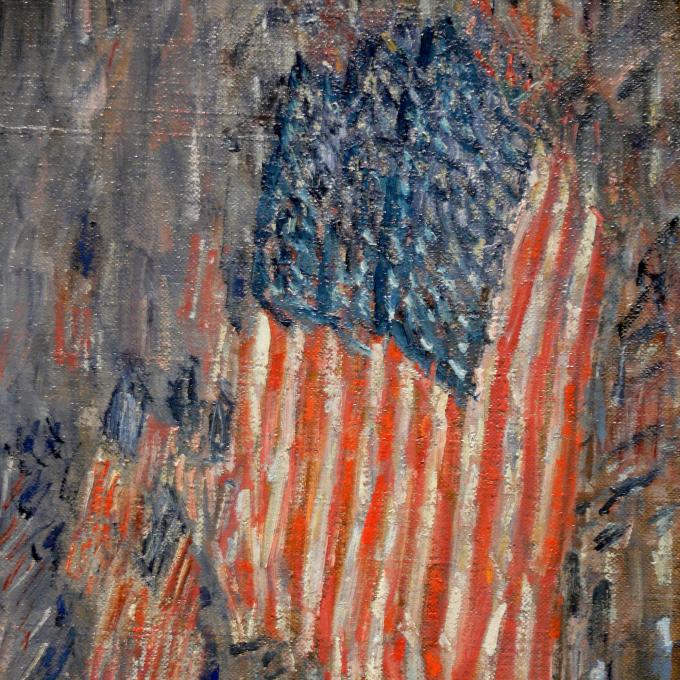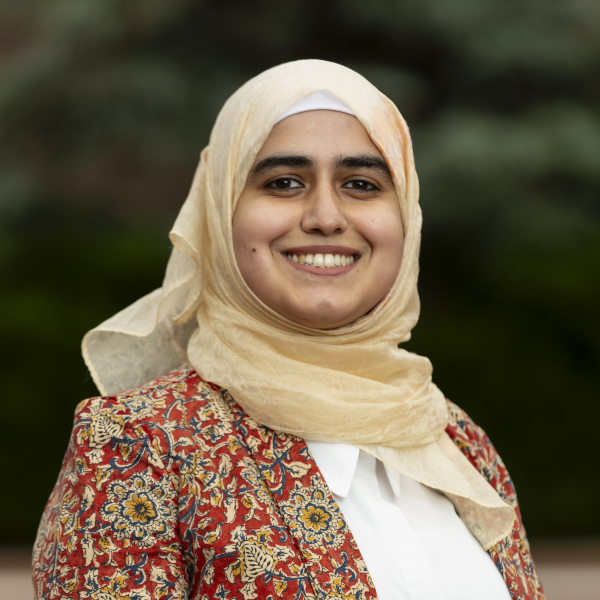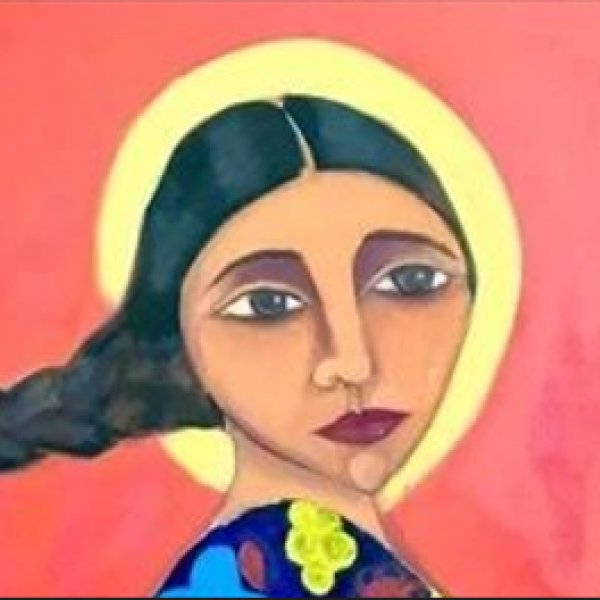Dr. Eman Ghanayem is a scholar of Indigenous studies primarily focused on Palestine and Indigenous North America.
Prior to her time at Washington University in St. Louis, Ghanayem was a Mellon Postdoctoral Fellow in Comparative Literature at Cornell University and a Chancellor’s Postdoctoral Fellow in Asian American Studies at the University of Illinois at Urbana-Champaign (UIUC). Ghanayem earned her doctorate in English, with graduate minors in American Indian Studies and Gender and Women’s Studies, from UIUC in 2020. Her research spans the areas of Indigenous literary theory, comparative ethnic studies, and feminist and queer studies. Her work has appeared in Women’s Studies Quarterly, Meridians, Amerasia, The Routledge Handbook of Refugee Narratives and in Transmotion as the guest editor of a special issue on global Indigenous narratives.
Ghanayem’s first book project, titled Spectrum: Land and Belonging in the Settler Colony, approaches settler colonialism as a failed national project constantly disputed by Indigenous presence, competing identity politics, and overlapping displacements, which, in turn, cause an ongoing crisis of belonging. It theorizes belonging as a spectrum that includes what she terms settler nationalism (the colonial making of the nation-state), Indigeneity (as a land-based, non-statist belonging), and what could be perceived as the in-between, a belonging that is exilic, not entirely assimilated within the nation, but also ambivalent on the question of origin and destination. To gauge the spectrum in two settler colonial examples, the United States and Israel, the book reads settler texts in both contexts that propagate the nation-state as primarily white and European; American Indian and Palestinian literatures that reflect an Indigenous narrativization of place and nation; and a myriad of diasporic narratives from writers of color, refugee and migrant writers, and unsettled subjects who express a conflicted belonging. The book employs relationality as a reading method to determine patterns across these narratives, and ultimately proposes a move beyond the nation-state and into grounded communalism as the truly nonviolent place of home.
In line with her research, Ghanayem strongly believes in practicing a caring and politically involved pedagogy, which she developed while teaching in Palestine and the United States. She likes designing her courses to resemble experimental spaces, or humanities labs, where students study place, excavate literary patterns, and collectively pose theories and futurisms that implicate them as well. Here, an Indigenous memoir, a diasporic narrative, a settler fantasy, or even a joke can reveal truths that students connect, relate to in their reflections, and reconstruct into a more complete theory of the world and how to envision it otherwise. Outside her academic work, Ghanayem is a member of the Palestinian Feminist Collective and is active in community work that services Palestine, Indigenous movements, and efforts for decolonization.




